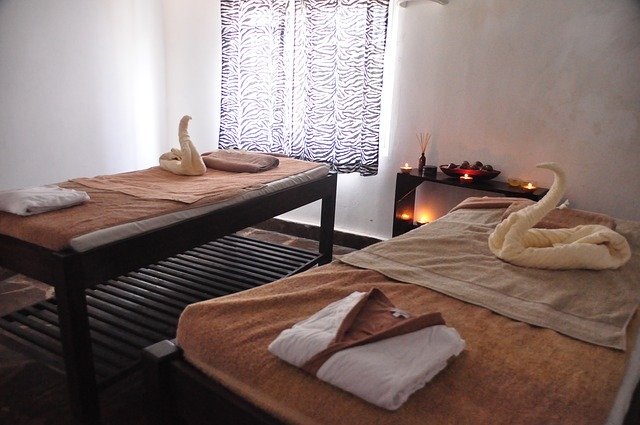The Mind-Body Connection
While massage is frequently associated with healing the physical body, there is a growing awareness of its beneficial role in the treatment of psychological distress and mental health disorders. A study in the International Journal of Neuroscience found that the feel-good brain chemicals serotonin and dopamine increased an average of 28% and 31%, respectively after massage. The study further concluded that massage may significantly alleviate depressive symptoms, including lethargy and anxious thoughts.
Massage for Stress Hormone Reduction and a Happier You
Stress, perhaps the greatest contributor to mental health issues today, can create a vicious and complicated cycle of issues that affect both the body and the mind. When the mind is stressed, the body will manifest symptoms such as digestive issues, headaches or immunity issues. And when the body is in pain, the mind becomes distracted by discomfort and consumed by trying to figure out a way to alleviate the pain. Massage can lower the stress of both body and mind by reducing the amount of cortisol in the body as well as addressing pain.
Clinically Proven
Research supports that massage can relieve stress in patients with chronic pain, generalized anxiety disorder and healthy adults. According to the American Massage Therapy Association (AMTA), the effects of massage therapy on trait anxiety and depression is nearly the same as those found in the research studies of psychotherapy for those with the same condition. Regular massage has the potential to improve mood and reset circadian rhythms, which produces better sleep and more energy.
Why not schedule a massage and see how it can improve your mental health and stress levels?
While massage is frequently associated with healing the physical body, there is a growing awareness of its beneficial role in the treatment of psychological distress and mental health disorders. A study in the International Journal of Neuroscience found that the feel-good brain chemicals serotonin and dopamine increased an average of 28% and 31%, respectively after massage. The study further concluded that massage may significantly alleviate depressive symptoms, including lethargy and anxious thoughts.
Massage for Stress Hormone Reduction and a Happier You
Stress, perhaps the greatest contributor to mental health issues today, can create a vicious and complicated cycle of issues that affect both the body and the mind. When the mind is stressed, the body will manifest symptoms such as digestive issues, headaches or immunity issues. And when the body is in pain, the mind becomes distracted by discomfort and consumed by trying to figure out a way to alleviate the pain. Massage can lower the stress of both body and mind by reducing the amount of cortisol in the body as well as addressing pain.
Clinically Proven
Research supports that massage can relieve stress in patients with chronic pain, generalized anxiety disorder and healthy adults. According to the American Massage Therapy Association (AMTA), the effects of massage therapy on trait anxiety and depression is nearly the same as those found in the research studies of psychotherapy for those with the same condition. Regular massage has the potential to improve mood and reset circadian rhythms, which produces better sleep and more energy.
Why not schedule a massage and see how it can improve your mental health and stress levels?






 RSS Feed
RSS Feed